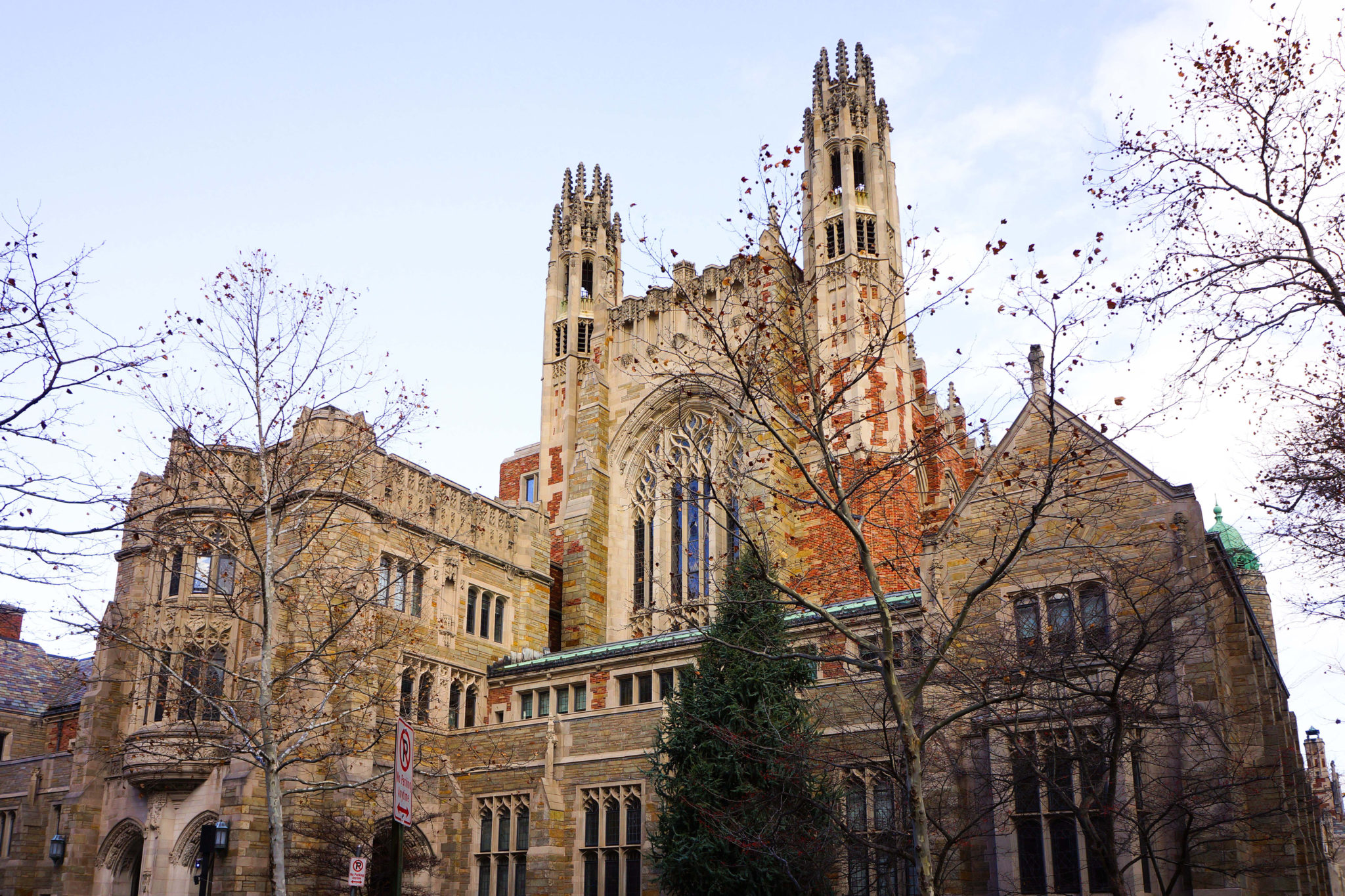
On March 26, a national collective of law students, including many at Yale, released a letter to the National Association for Law Placement, increasing pressure on law firms to stop using coercive contracts with forced arbitration and non-disclosure agreements.
Last March, news broke that Munger, Tolles & Oles LLP — a major law firm — forced summer associates to sign arbitration contracts, contracts that require employees to sign away their right to sue when they experience illegal treatment at work including sexual harassment, racial discrimination or wage theft, according to the letter. Additionally, per the arbitration contracts, law students and other employees must have their grievances adjudicated by a private arbitrator. These contracts are often accompanied by NDAs and waivers against class-action lawsuits, which make legal action “financially and practically impossible,” according to Sarah Levine LAW ’20, who is involved in these awareness efforts.
Since the news about Munger, Tolles & Oles broke, law students including Levine and Sam Peltz LAW ’20 have united to pressure law firms to drop their use of forced arbitration.
Students nationwide collaborated with career development offices to survey major legal employers to find out whether or not they require associates to sign these contracts. Over 40 law schools conducted surveys of employers’ arbitration practices, but more than half refused to disclose their policies, according to the letter.
“The letter that was sent to NALP leadership asks the organization to use its unique power and relationship to law firms to take over the survey effort that has thus far been borne by students and the administrations at a few schools,” Levine explained.
The letter calls for the National Association for Law Placement to add two questions to its Directory of Legal Employers, one inquiring into firms’ use of forced arbitration and another asking whether a firm requires any nonlawyer employees to sign arbitration contacts.
Last March, the Supreme Court ruled 5–4 in the Epic Systems Corp v. Lewis case that it is legal for employers to require workers to sign away rights to file class-action lawsuits against employers.
In a 2018 piece for HuffPost, Law School professor Judith Resnik called the Epic Systems ruling an “epic” harm to the justice system.
Pipeline Parity Project — a grassroots organization of law students fighting for fair, equitable workplaces — has been a vocal participant in these anti-discrimination efforts, according to one of its lead organizers, Harvard law student Molly Coleman.
The Harvard Law based project was involved in composing the letter sent to the National Association for Law Placement and coordinating efforts to protest at law firms — like Venable LLP and DLA Piper — that use arbitration contracts.
This past fall, the project coordinated a joint letter among women’s law associations including Yale Law Women that stated that they would refuse to promote or take funds from any law firm that requires employees to sign forced arbitration contracts.
Since these protests, several major law firms — including Wilson Sonsini Goodrich and Rosati and Paul Hastings LLP — have withdrawn their use of forced arbitration.
“This system advantages sophisticated, repeat players at the expense of individual claimants,” Levine said. “Arbitrators are more likely to find in favor of employers than juries. … And when they do find for employees, they award much smaller damages amounts than employment litigation.”
The work of law students has not gone unnoticed.
On Feb. 28, Congress introduced the Forced Arbitration Injustice Repeal Act, and according to Coleman, “well over 80 percent” of Democrats and Republicans support legislation to ban forced arbitration.
Many believe that student outcry will force most law firms to drop forced arbitration contracts.
Christopher Wilkinson, partner at Orrick, Herrington & Sutcliffe and former associate solicitor at the Department of Labor, recently said that this issue is a “no-brainer” for law firms that want to compete for talent, according to Coleman.
The stated mission of the Pipeline Parity Project is to end discrimination and harassment in the legal profession.
Samuel Turner | samuel.turner@yale.edu .







